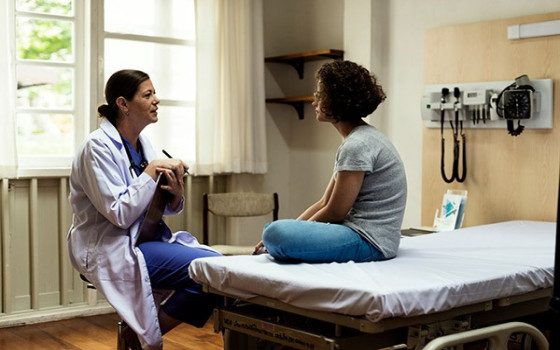
The World Health Organization warns of the return of Corona and monkeypox

- Europe and Arabs
- Saturday , 13 May 2023 14:28 PM GMT
New York - Brussels: Europe and the Arabs
The Director of the World Health Organization announced that the monkeypox virus, which spread about a year ago, no longer constitutes a public health emergency of international concern. According to what was stated in the daily bulletin issued by the United Nations, and we received a copy of it this Saturday morning, and it also stated, "This announcement comes a day after advice received by Dr. Tedros Adhanom Ghebreyesus from the Emergency Committee of the International Health Regulations in this regard.
However, Dr. Tedros warned that this announcement - and as is the case with Covid-19 - does not mean that the work is over, warning that monkeypox still poses great challenges to public health that needs a strong, proactive and sustainable response, as he put it.
And he reported that more than 87 cases of the disease and 140 deaths were recorded from 111 countries around the world.
What do you know about monkeypox?
Monkeypox is a disease caused by the monkeypox virus. It can cause a painful rash, swollen lymph nodes, and fever. Most people recover completely within a few weeks, but some become very ill.
The disease spreads in several ways, including contact with infected people, by touching, kissing, or sexual contact, or contact with infected animals when they are hunted, skinned, or cooked.
The disease spread rapidly last July, but Dr Tedros said the WHO was encouraged by countries' rapid response. added:
"We are now seeing significant progress in controlling the outbreak, building on the lessons learned from HIV and working closely with the communities most affected.
Infections decreased by 90%.
Cases registered during the past three months have decreased by 90 percent, compared to the previous three months.
Dr. Tedros praised the work of community groups and public health authorities, saying their work was "crucial in informing people of the risks of the disease, encouraging and supporting behavior change, and advocating for access to tests, vaccines and treatments to the people most in need."
The virus cases were concentrated among men who have sex with men, especially those who have sex with more than one partner.
A particular danger threatens AIDS patients
Although stigma has been a major concern around managing monkeypox - and continues to impede access to care, Dr Tedros is grateful that there has been no backlash against the most affected communities.
Despite the downward trend in the number of cases, the virus continues to affect all regions, including Africa, where "transmission is still not well understood."
The WHO Director-General drew attention to the particular risk to people living with HIV without treatment, urging countries to continue to provide testing capacity and to prepare for a rapid response if cases rise again.
"It is recommended that smallpox prevention and care be integrated into existing health programmes, to allow for continued access to care and a rapid response to future outbreaks."
WHO will continue to work to support access to countermeasures as more information becomes available on the effectiveness of interventions.
Watch out for the resurgence of covid and monkeypox
Despite the announcement of the end of the two states of emergency related to monkeypox and Covid-19, Dr. Tedros warned that the risk of re-emergence of waves of the two diseases still exists.
He added that both viruses continue to spread and both continue to kill.
While two public health emergencies ended in the past week, every day WHO continues to respond to more than 50 emergencies globally.
Challenges and opportunities
Dr. Tedros indicated that there are many challenges ahead, as well as unprecedented opportunities, in conjunction with the upcoming World Health Assembly and three high-level meetings on pandemic preparedness, tuberculosis and universal health coverage.
He stated that real benefits can be achieved for future generations, if real commitments are made, noting that each of the three meetings will represent an opportunity to stimulate political commitment to drive progress and generate concrete actions and financial resources.
“To invest in expanding access to tuberculosis prevention, testing, treatment, vaccines, and research; to strengthen the world’s defenses against epidemics; and to strengthen health systems, especially primary health care, so that no one misses out on the care they need because of who they are, where they live, or how much they earn.” ".


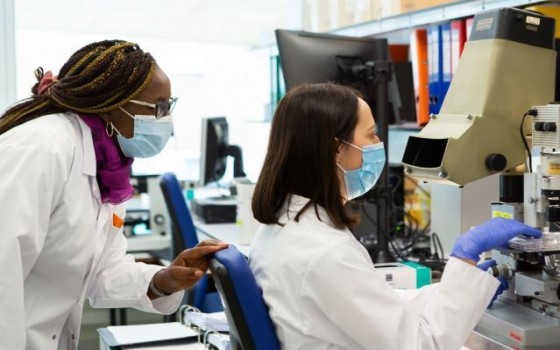
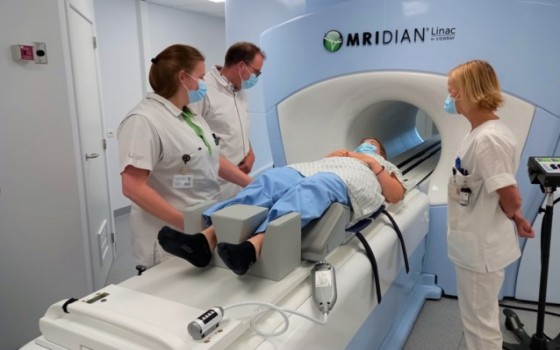
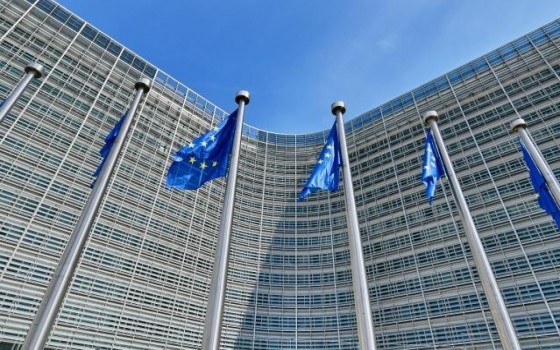
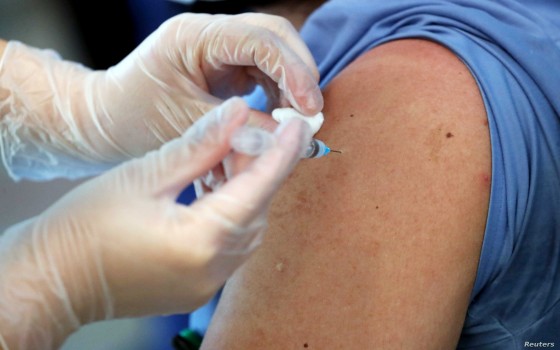
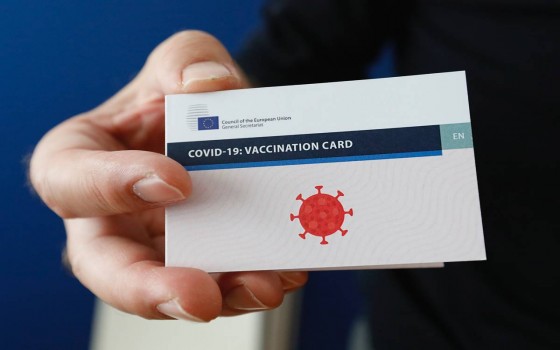


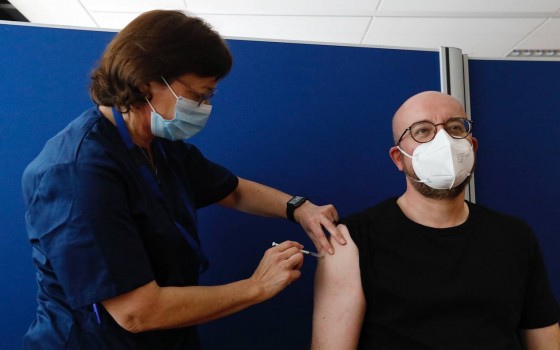


No Comments Found